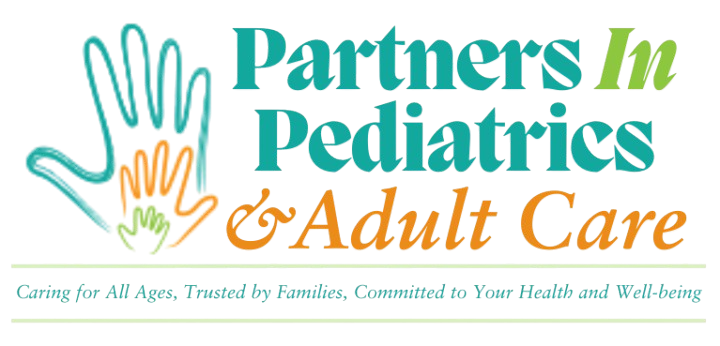
What Is ADHD?
Attention-Deficit Hyperactivity Disorder (ADHD) is a chronic neurodevelopmental condition that often begins in childhood and may persist into adulthood. It is characterized by patterns of inattentiveness, hyperactivity, and impulsivity that interfere with daily functioning at home, in school, and in social situations.
According to the Centers for Disease Control and Prevention (CDC), approximately 11% of children in the United States have been diagnosed with ADHD. The condition is more commonly diagnosed in boys than girls. Children with ADHD often face challenges such as poor academic performance, low self-esteem, and an increased risk of substance abuse later in life. However, with proper treatment, individuals with ADHD can lead productive, fulfilling lives.
Request an AppointmentWhat Are the Symptoms of ADHD?
ADHD symptoms are generally grouped into two categories: inattentiveness and hyperactivity/impulsivity. While many young children exhibit high energy or short attention spans, persistent and disruptive symptoms that interfere with daily life may indicate ADHD.
Inattentiveness
- Easily distracted
- Makes careless mistakes
- Difficulty sustaining attention
- Frequently loses items
- Fails to complete tasks (e.g., homework, chores)
- Does not seem to listen when spoken to
- Struggles to follow instructions
- Forgetful in daily activities
Hyperactivity and Impulsivity
- Constantly fidgeting or squirming
- Appears restless or always “on the go”
- Runs or climbs in inappropriate settings
- Talks excessively
- Interrupts others
- Has difficulty playing quietly
- Blurts out answers or comments without waiting
Gender differences: Boys often display more hyperactive behaviors, while girls may exhibit more inattentive symptoms.
What Causes ADHD?
The exact cause of ADHD is not fully understood, but genetics appear to play a major role. A child is more likely to have ADHD if a parent or sibling has the condition or another mental health disorder.
Additional risk factors may include:
- Exposure to environmental toxins (e.g., lead)
- Smoking or alcohol use during pregnancy
- Low birth weight or premature birth
- Brain injuries
- Coexisting mental health conditions such as learning disabilities, anxiety, bipolar disorder, or depression
How Is ADHD Diagnosed?
Diagnosis typically begins when a parent or teacher notices behavioral concerns such as inattention, hyperactivity, or poor school performance. The child is usually referred to a pediatrician, who will conduct a physical exam to rule out other medical issues.
If ADHD is suspected, the pediatrician may refer the child to a mental health specialist—such as a psychologist or psychiatrist—for further evaluation. There is no single test for ADHD. Diagnosis is based on:
- Clinical interviews with the child and parents
- Questionnaires and behavior rating scales
- Input from teachers or other caregivers
- Observation of behavior across multiple settings
To be diagnosed with ADHD, a child must show at least six symptoms from either the inattention or hyperactivity/impulsivity category, and symptoms must be present in more than one environment (e.g., home and school).
How Is ADHD Treated?
ADHD treatment is typically personalized and may involve medication, behavioral therapy, or a combination of both. Collaboration between parents, educators, and healthcare providers is key to successful management.
Medication
Medications, particularly stimulants such as Ritalin or Concerta, are commonly prescribed to help regulate brain activity and improve focus, impulse control, and behavior. While effective, these medications do not cure ADHD—they manage symptoms while being taken.
Behavioral Therapy
Behavioral therapy helps children learn to:
- Regulate their behavior
- Improve organization and task completion
- Develop problem-solving and coping skills
Therapists may work with both children and their families. Parent training in behavior management and teacher-supported behavior plans can also be effective.
In some cases, family therapy may improve communication and support systems within the home.
Long-Term Outlook
Although some children outgrow certain symptoms of ADHD, many continue to experience challenges into adolescence and adulthood. Ongoing care—including regular doctor visits, medication monitoring, and consistent therapy—can help children thrive.
With the right treatment and support, individuals with ADHD can succeed academically, socially, and professionally.
